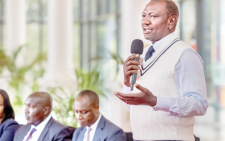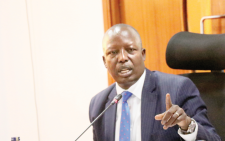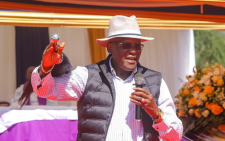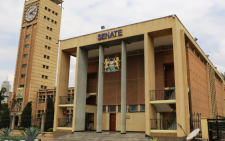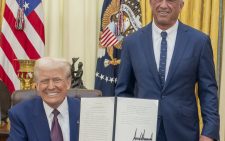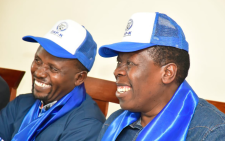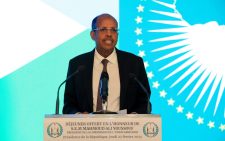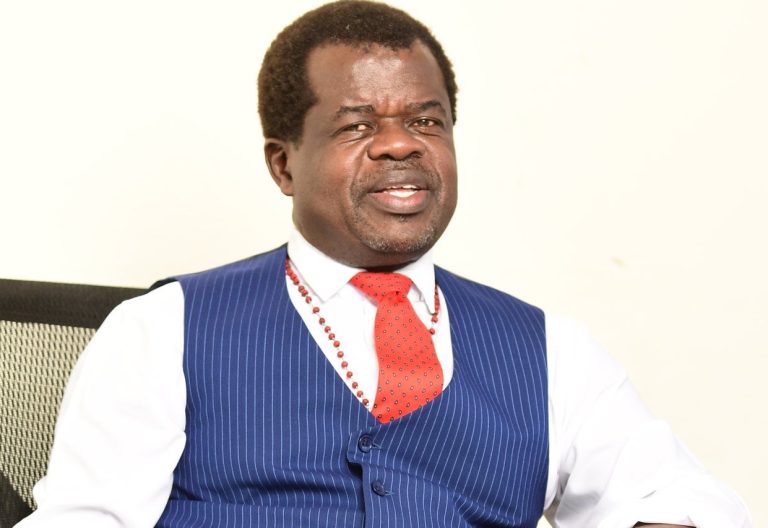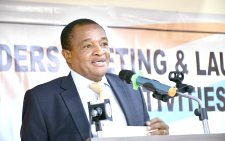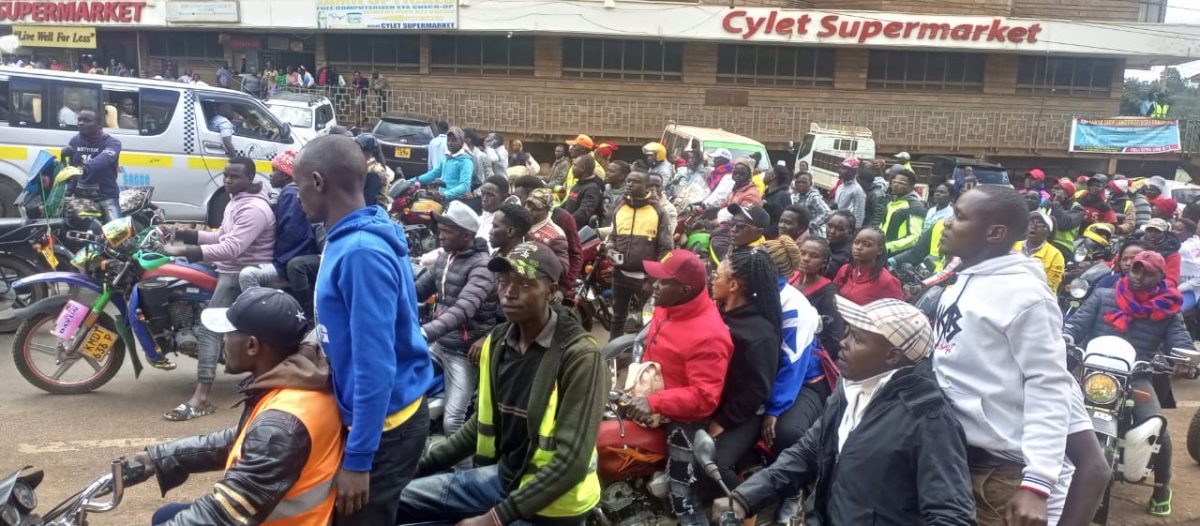How corporates gobbled up Corona bailout funds
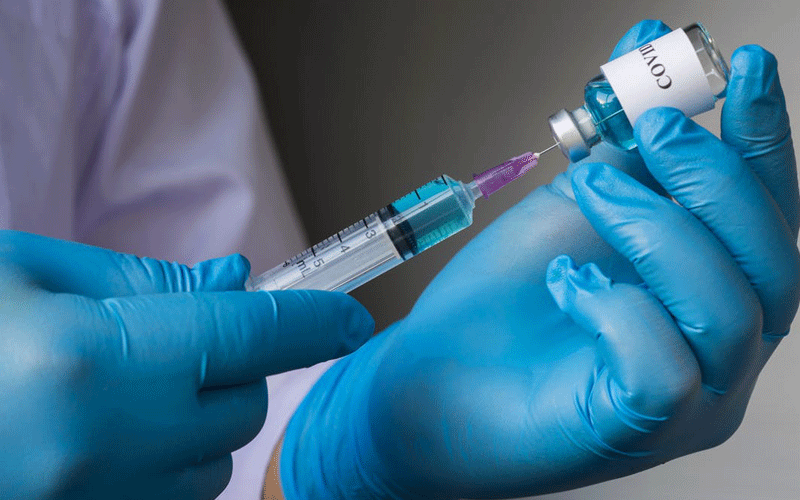
Lewis Njoka @LewisNjoka
Almost all the funds spent in the fight against Covid-19 in Kenya last year went to corporations as opposed to micro small and medium enterprises (MSMEs), the informal sector or to social protection, a report has revealed.
A report by the Financial Transparency Coalition shows that 95 per cent of all the money the country spent on fighting the pandemic went to large corporations with only five per cent shared between MSMEs, the informal sector and social protection.
Out of the Sh397.2 billion ($3.7 billion) the country spent up to December 2020, Sh371.4 billion ($3.46billion) went to corporates while Sh17.2 billion ($0.16) went to social protection.
Only Sh3 billion ($0.028 billion) went to MSMEs while the informal sector received Sh430 million (Sh0.004 billion).
According to the report, measures targetted at the poor were inadequate and money spent in an opaque manner with some used for projects other than the Covid-19 emergency response.
“Arguably, these loans were used to pay for government debts and fund government expenditure.
Due to lack of transparency of how funds were spent, there were calls in 2021 to decline additional IMF loans since most Kenyans have not benefitted from these loans,” reads the report in part.
“Our research suggests that despite measures implemented to replace lost incomes targetted at vulnerable groups, the response proved inadequate,” it adds.
Social protection
The report partly blames the International Monetary Fund (IMF) for the little amounts spent on social protection, saying its insistence on fiscal consolidation was interpreted to mean that less should be spent on social protection.
It also fingers the World Bank for favouring infrastructure projects in its funding, a move which placed pressure on governments finances at a time they were supposed to be mobilising funds to address poverty and inequality.
“It seems that both the IMF country analysis emphasised ‘fiscal consolidation’ and ‘spending rationalisation’ as key policy objectives, thus a signal that less should be spent on social protection measures,” it said.
Kenya’s response to the pandemic included a Sh53.7 billion stimulus programme, tax reliefs that saw the country forego Sh150 billion in taxes up to December 2020 and a Sh5.4 billion funding from World Bank, among others.
The situation is no different in nine other countries that were studied. These are Kenya, South Africa, Sierra Leone, Bangladesh, India, Nepal, Honduras, Guatemala, and El Salvador.
According to the report, 63 per cent of the announced Covid-19 funds in eight countries (India excluded) totalling Sh5.5 trillion ($51.4 billion) went to large corporations rather than SMEs and social protection measures.
Recovery spending
On average, only 22 per cent of the announced recovery spending was in the form of social protection.
According to the report, IMF was the single largest source of emergency loans for the nine countries.
However, the loans there were conditions attached to the loans using terminologies such as fiscal discipline or fiscal consolidation.
“Concerns remain centred on both quantity and quality of these loans, as the lending remains inadequate to meet the needs of a just and equitable recovery,” it says.
While the recovery packages proposed by governments ranged from 1.6 per cent to 9.9 per cent of gross domestic product (GDP), the actual spending was noticeably lower in certain cases.
According the report, the nine countries provided stimulus measures totalling to 3.9 per cent of GDP with funds directed towards social protection being only one per cent.
